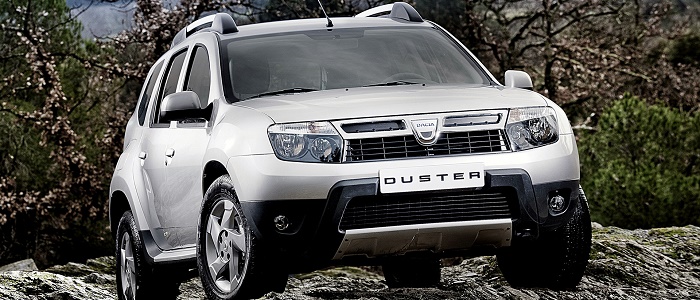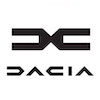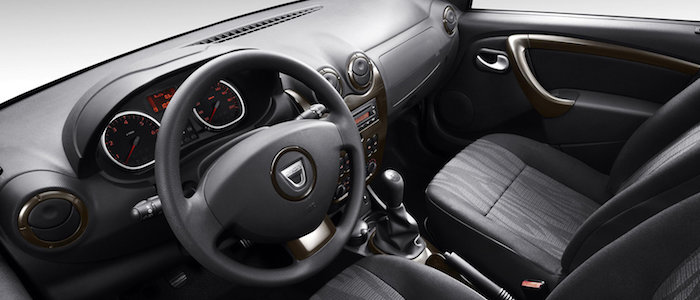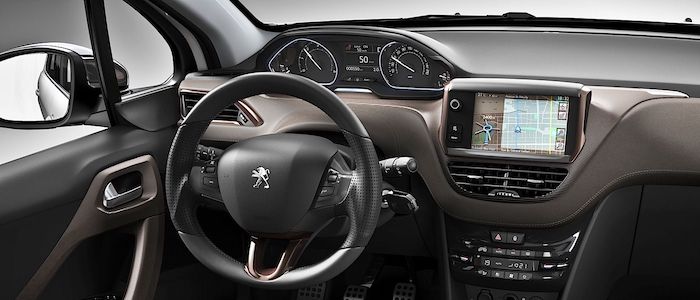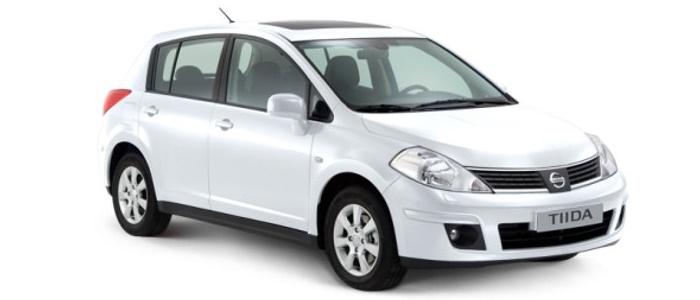Compare two cars
Compare any two cars and get our Virtual Adviser™ opinion
Dimensons & Outlines
Check vehicle history
Engine
1.5 dCi K9K 846
Performance (manual gearbox)
Performance (automatic gearbox)
Expenses
Virtual Adviser's™ opinion
Two significantly similar cars, no doubt about that. Still, each one has something different to offer. Having both cars powered by diesel engines and utilizing the 5-door suv body style within the same 'SUV' segment, the only major difference here really is their wheel drive configuration (4 x 4 for the Dacia and front in the case of the Peugeot). The first one has a Renault-engineered powertrain under the hood, a 4-cylinder, 8-valves 107hp unit, while the other one gets its power and torque from a 4-cylinder, 8-valves 115hp engine designed by Peugeot.
SafetyA starting point here would be to take a look at the results from European New Car Assessment Programme (Euro NCAP) tests which were performed on both of the cars, with the Peugeot displaying significantly better structural stability. Moving further on, let's take a closer look at some additional safety-related facts. Both vehicles belong to the suv segment, which is generally a very good thing safety-wise, but it doesn't do much to help us decide between the two. Furthermore, taking kerb weight as an important factor into account, the Romanian car offers a marginal difference of 8% more metal.
ReliabilityReliability is not the best thing to consider on the make level, but it is worth mentioning that Peugeot does have a slight advantage, all the models observed together. These are the official statistics, while our visitors describe reliability of Dacia with an average rating of 4.1, and models under the Peugeot badge with 4.3 out of 5. Unfortunatelly, I don't have enough insight that would allow me to comment in more details on the specific models level. Above it all, drivers of cars with the same engine as the Romanian car rank it on average as 4.1, while the one under the competitor's bonnet gets 4.2 out of 5.
Performance & Fuel economyPeugeot is undoubtly more agile, reaching 100km/h in 2.1 seconds less than its competitor. In addition to that it accelerates all the way to 192 kilometers per hour, 24km/h more than the other car. When it comes to fuel economy the winner has to be the French car, averaging around 3.7 liters of fuel per 100 kilometers (76 mpg), in combined cycle. We can't ignore that 51% difference compared to the Romanian car.
Verdict
Peugeot appears just a bit more reliable, although the difference is truly marginal. The most important thing when deciding between any two vehicles should always be safety, both passive and active. In my opinion, everything taken into account, the French car offers much better overall protection, which launches it ahead of the other contender. It all continues in the same direction, with Peugeot outracing its opponent in any situation possible, making it better choice for boy racers. To make things even better, it consumps less fuel! All together, there's not much more to say, in this case I wouldn't even consider anything but Peugeot. Nevertheless, let's not forget that people have different preferences and needs, so what really counts is your personal feel. I'm only here to help. In case you have two minutes to spare I invite you to define your needs, desires and budget and see which car would be chosen by the virtual adviser™, among thousands of similar, yet so different vehicles.
Related articles
Nissan Tiida, commonly known as "What the hell!?", represents a school example of a horribly bad move made by a world-known automotive company. In case the name of this model doesn't ring a bell - don't worry: unlike me, you make part of those 98% of normal people...























